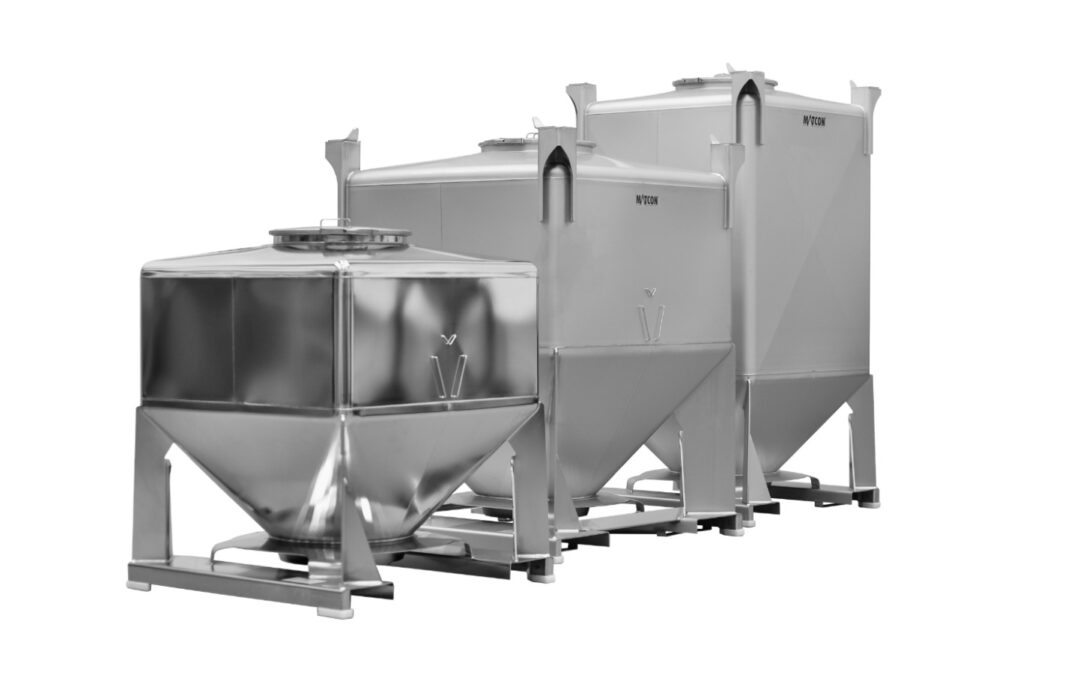Powder processing is a pivotal step in numerous industries, with pharmaceuticals being a notable example. It entails converting raw materials into finely powdered forms possessing specific attributes like particle size, shape, and surface characteristics. These attributes are of utmost importance as they profoundly influence the performance and quality of the final products.
Powder processing and particle size reduction are a fundamental aspect of various industries, with a particularly significant role in pharmaceuticals, where it contributes to the formulation and manufacturing of medicinal products.
But what exactly is this process of powder processing used in pharmaceutical industry? How does particle size reduction come into play? What role does powder processing play in the pharmaceutical industry, and what is the use of powder in this industry? Let’s delve into these questions and find their answers in this blog.
Understanding the Process of Powder Processing Used in Pharmaceutical Industry
The powder processing process is further broken down into sub-steps. It typically involves the following:- Feeding: The raw material is fed into the processing equipment.
- Comminution: The raw material is size-reduced to the desired particle size using various techniques such as milling, grinding, and micronization.
- Classification: The powder is classified into different size fractions using sieving, air classification, or other methods.
- Blending: The powder is blended with other ingredients, such as excipients and binders, to create a uniform mixture.
- Drying: The powder is dried to remove any moisture, which can affect its flowability and other properties.
- Packaging: The powder is packaged in suitable containers for storage or transportation.
Magnifying the Mechanism of Particle Size Reduction
Particle size reduction is a critical step in powder processing, as the particle size of a powder has a significant impact on its properties, such as flowability, cohesiveness, and reactivity. Industries, as per their requirements, use various techniques and equipment to achieve the desired particle size. These include:
- Milling: Milling is a mechanical process that uses grinding elements to reduce the particle size of a material.
- Grinding: Grinding is a similar process to milling but uses smaller grinding elements to produce finer powders.
- Micronization: Micronization is a process that uses high-energy forces to reduce the particle size of a material to the micrometre range.
The Role of Powder Processing Used in the Pharmaceutical Industry
Powder processing is essential in the pharmaceutical industry for manufacturing drugs, formulations, and dosage forms. Powders are used in tablet pressing, granulation, and capsule filling.
The properties of powders, such as particle size, morphology, and surface chemistry, have a significant impact on the quality and effectiveness of pharmaceutical products. Particle size affects the flowability and compressibility of powders, which are crucial parameters for tablet pressing.
What is the Use of Powder in Pharmaceutical Industry?
Powders are used in a wide range of pharmaceutical applications, including:- Tablet pressing: Powders are compressed into tablets using a tablet press. The particle size and other properties of the powder affect the flowability and compressibility of the powder, which are crucial parameters for tablet pressing.
- Granulation: Granulation is a process that involves agglomerating powder particles into granules. Granules are easier to handle and process than powders, and they have better flowability and compressibility.
- Capsule filling: Powders are filled into capsules using a capsule filling machine. The particle size and other properties of the powder affect the flowability and filling characteristics of the powder.
Importance of Quality Control in the Powder Processing Process
Quality control is critical in powder processing used in the pharmaceutical industry, where the safety and efficacy of the final product hold utmost importance. Quality control measures are implemented throughout the powder processing process to ensure that the powders meet the required specifications.
Some of the key quality control parameters for powders include:- Particle size distribution: The particle size distribution of a powder is a critical parameter that affects its flowability, cohesiveness, and reactivity.
- Moisture content: The moisture content of a powder can affect its flowability and other properties.
- Purity: It is essential to ensure that pharmaceutical powders are free from impurities, such as contaminants and microbes.
IDEX: A Leading Manufacturer of Powder Processing Pumps and Equipment
IDEX is a leading manufacturer of powder processing pumps and equipment for a wide range of industries, including pharmaceuticals. IDEX offers a comprehensive range of products, including:
- Powder pumps: IDEX offers a variety of powder pumps for different applications, including metering, conveying, and feeding.
- Blenders: IDEX offers a variety of blenders for different applications, including mixing, homogenising, and granulating powders.
- Driers: IDEX offers a variety of dryers for different applications, including removing moisture from powders.
IDEX’s Range of Powder Processing Pumps and Equipment
IDEX offers a wide range of powder processing equipment designed to meet different industry requirements. These include pumps designed for handling abrasive or corrosive materials and equipment for precise particle size reduction. Within the IDEX MPT group, various specialised companies excel in distinct functions of powder processing used in pharmaceutical industry. Fitzpatrick is renowned for its expertise in solid particle size processing and manufacturing powder milling equipment. Microfluidics specialises in delivering solutions for liquid nanoparticle size reduction. This diversified approach allows the IDEX MPT group to comprehensively address the multifaceted requirements of powder processing across different industries.
Conclusion
Understanding the process of powder processing and its importance, especially in the pharmaceutical industry, is crucial. Particle size reduction and quality control play significant roles in ensuring product quality and safety. For your powder processing needs, consider consulting experts or exploring further with trusted manufacturers like IDEX.
